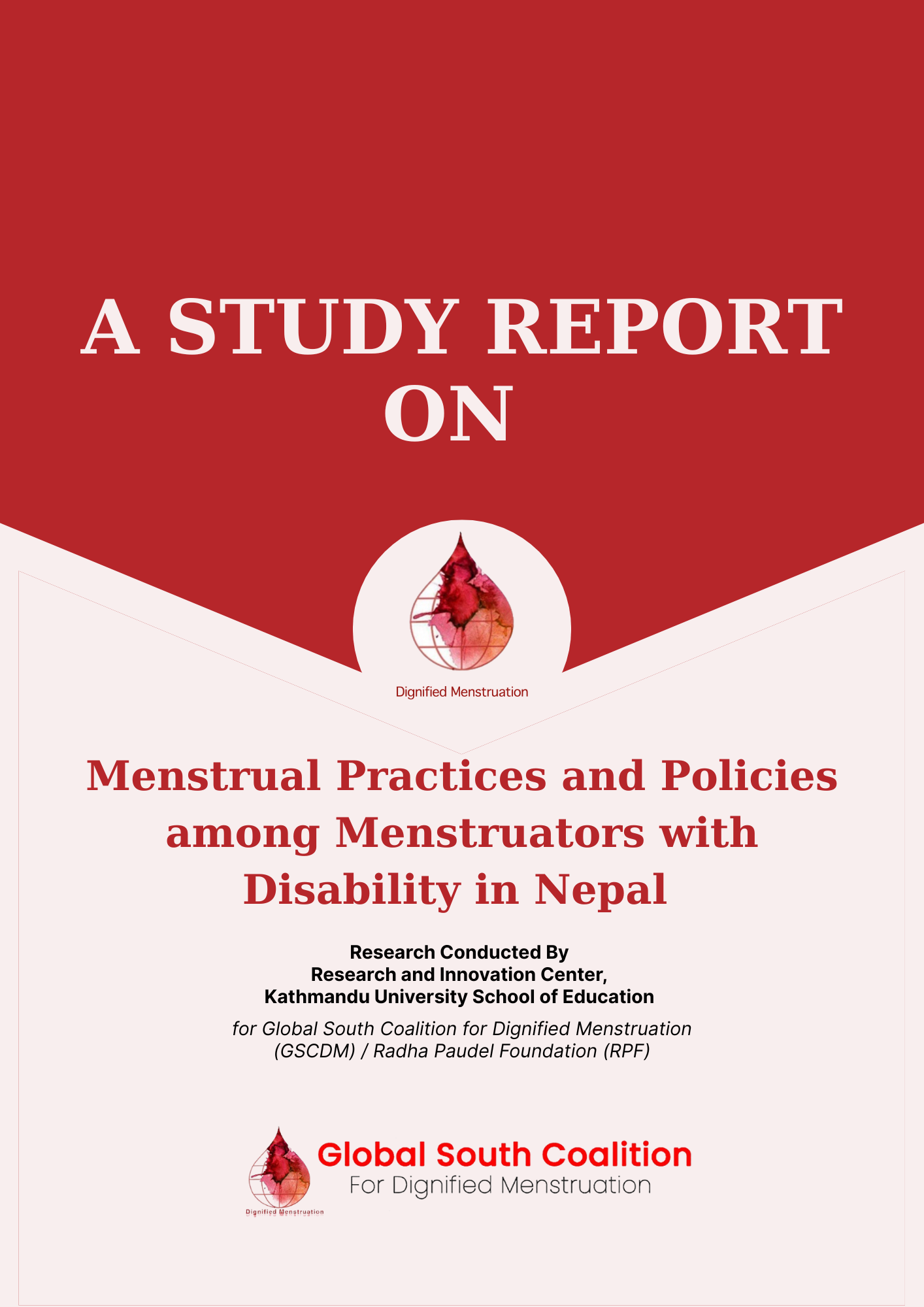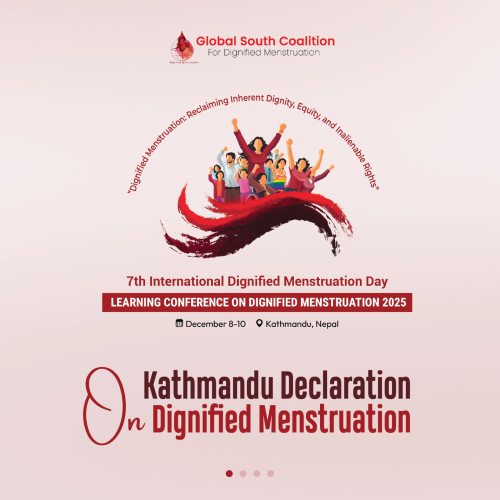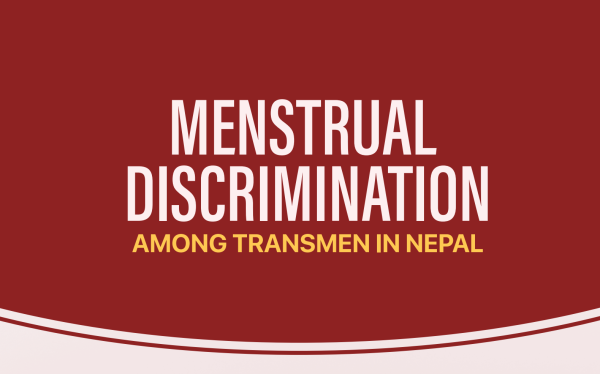Reports

A Study Report On Menstrual Practices and Policies among Menstruators with Disability in Nepal
EXECUTIVE SUMMARY
Menstrual discrimination encompasses a broad spectrum of silence, taboos, shyness, stigma, restrictions, violence, abuses, and denial of resources and services that menstruators face throughout their lives. This complex and multifaceted issue is globally practiced in various forms, reinforcing power imbalances and patriarchal norms, and constitutes a violation of human rights as well as sexual and gender-based violence. While all menstruators encounter challenges, those with disabilities experience compounded marginalization due to intersecting barriers related to gender, disability, and menstruation. Despite ongoing national and global advocacy for dignified menstruation, existing policies and social structures frequently overlook the distinct needs of menstruators with disabilities (MWD). This report examines the lived experiences, practices, and policy environment affecting this intersectional group in Nepal, aiming to highlight systemic gaps and promote inclusive, rights-based approaches that advance dignified menstruation (DM) dignity for MWD.
This study adopted a qualitative research approach, complemented by a rapid online survey with 25 MWD. It included in-depth interviews with 20 MWD and four teachers, and 14 disability-focused Community Based Organization representatives. Desk reviews of key global and national policies as well as other formal and informal publications around ‘menstrual discrimination’, ‘disability’ and ‘menstruation and disability’ was also done. Moreover, seven focus group discussions were held across Bagmati, Gandaki, and Madhesh provinces with students from grades 3 to 12, enabling diverse insights into menstrual practices and the lived experiences of menstrual discrimination among MWD.



